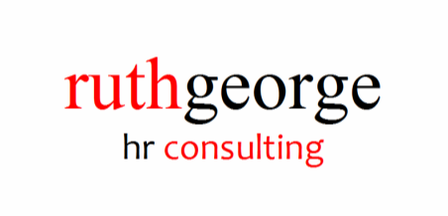I’ve followed the debates in the press over recent years about what counts as self-employed work and what doesn’t. When I first went freelance, some eight years ago now, discussions often centred around a tax rule called IR35 and those employed in the IT sector. More recently, there have been high-profile cases relating to Employers such as Pimlico Plumbers, Uber and Hermes and the phrase “gig economy” is usually bandied about. Employers do ask me from time to time, about the employment status of their workers and whether they should be classed as workers, employees or consultants. If that’s their query, I usually begin with the following questions:
Does this individual only work/provide services for you and your organisation?
Sometimes Employers tell me that the individual they pay to do work or provide services to them, doesn’t want to be an employee. Often they say that this makes it easier for the worker because it gives them greater flexibility and they look after their own tax affairs. This can make it sound like the grass is very much greener if you are self-employed. However, I can tell you from personal experience, being self-employed isn’t a worry-free existence. Here are some of the items I flag up when people are asking about self-employment:
After those discussions, if they need a contract of employment drafting or a service/consultancy agreement creating – I'm always happy to help.
- Do they have a company email address, a desk or usual place of work in your premises?
- Do they have a company phone number, mobile, laptop and other equipment belonging to the organisation?
Sometimes Employers tell me that the individual they pay to do work or provide services to them, doesn’t want to be an employee. Often they say that this makes it easier for the worker because it gives them greater flexibility and they look after their own tax affairs. This can make it sound like the grass is very much greener if you are self-employed. However, I can tell you from personal experience, being self-employed isn’t a worry-free existence. Here are some of the items I flag up when people are asking about self-employment:
- No statutory sick pay
- No paid holidays or bank holidays (you get 20 days paid leave, plus 8 bank holidays if you’re an employee)
- No statutory maternity leave, paternity leave, adoption leave or shared parental leave
- No minimum wage
- No statutory redundancy pay
- No right to notice period in the case of dismissal
- No protection for unfair dismissal
- No right to request flexible working
After those discussions, if they need a contract of employment drafting or a service/consultancy agreement creating – I'm always happy to help.
